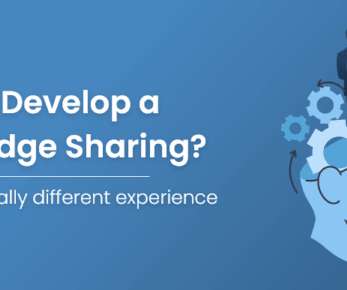eLearning as Part of an Informal Learning Strategy
Integrated Learnings
MARCH 17, 2011
Do you have a similar story of unstructured, experiential, informal learning? Jay Cross, known for his informal learning research, tells us that approximately 80% of workplace learning occurs informally. In contrast, only 20% of organizations’ learning budgets go toward enhancing informal learning.












































Let's personalize your content